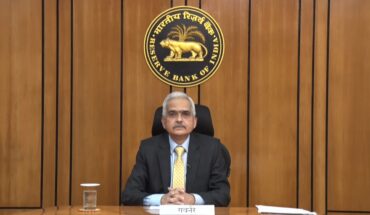Salaries in India are likely to increase by 10 per cent in 2019, the highest in the Asia Pacific region, according to a report.
While noting that the salaries had risen by the same quantum in 2018, it reportedly attributed the high salary increments compared to other countries in the region to the steady economic growth, progressive reforms and cautious optimism across sectors.
The global advisory, broking and solutions company Willis Towers Watson in its Q3 2018 Salary Budget Planning Report noted that the pharmaceuticals sector has the highest projected salary increase for 2019 at 10.3 per cent, reported PTI.
“The salaries for consumer products and retail sector will remain consistent at 10 per cent owing to the green shoots of recovery in the sector’s performance, increasing consumer confidence and purchasing power,” it was quoted as saying.
It reportedly noted that the financial services sector, mainly comprising Banks, NBFCs and insurance companies, has seen a steady increase from 9.1 per cent in 2017 to 9.6 per cent for 2019, largely due to improved performance, higher premium collections for insurance companies and regulatory reforms.
“MNCs that typically have KPO/BPO or manufacturing operations in India will likely see average salary increases around the 10 per cent mark, as in dollar terms this is not a significant increase to their cost of operations. However, Indian companies will likely see a lower salary increase which is more directly linked to their financial performance,” Sambhav Rakyan, data services practice leader, Asia Pacific, Willis Towers Watson, was quoted as saying.
The report noted that about 42.6 per cent of the total salary increment budget is being allocated to top or above average performers.
“On average, 17 per cent of the salary increase budget is being allocated to top performers, which represent 13.1 per cent of employees in India. This implies that for each USD 1 allocated to an average or below-average performer, USD 1.31 is allocated to a top performer,” it said.
The median salary increase for 2019 at executive level is projected at 9.8 per cent, a marginal increase from 9.7 per cent in the previous year, while for mid management and production/manual labour at 10 per cent, a drop from 10.1 per cent from last year, reported PTI.
On the aspect of variable pay allocation, it projects a decline across levels for 2019, with executive level variable pay declining from 20.7 per cent to 17.4 per cent, mid-management level from 12.6 per cent to 10.2 per cent and production/manual labour from 9.2 per cent to 8.4 per cent, the report said.
2019 to see 10% hike in salaries across India, says study
Published Date: 05-10-2018 | 2:11 am





